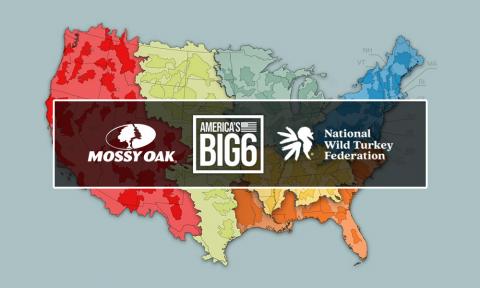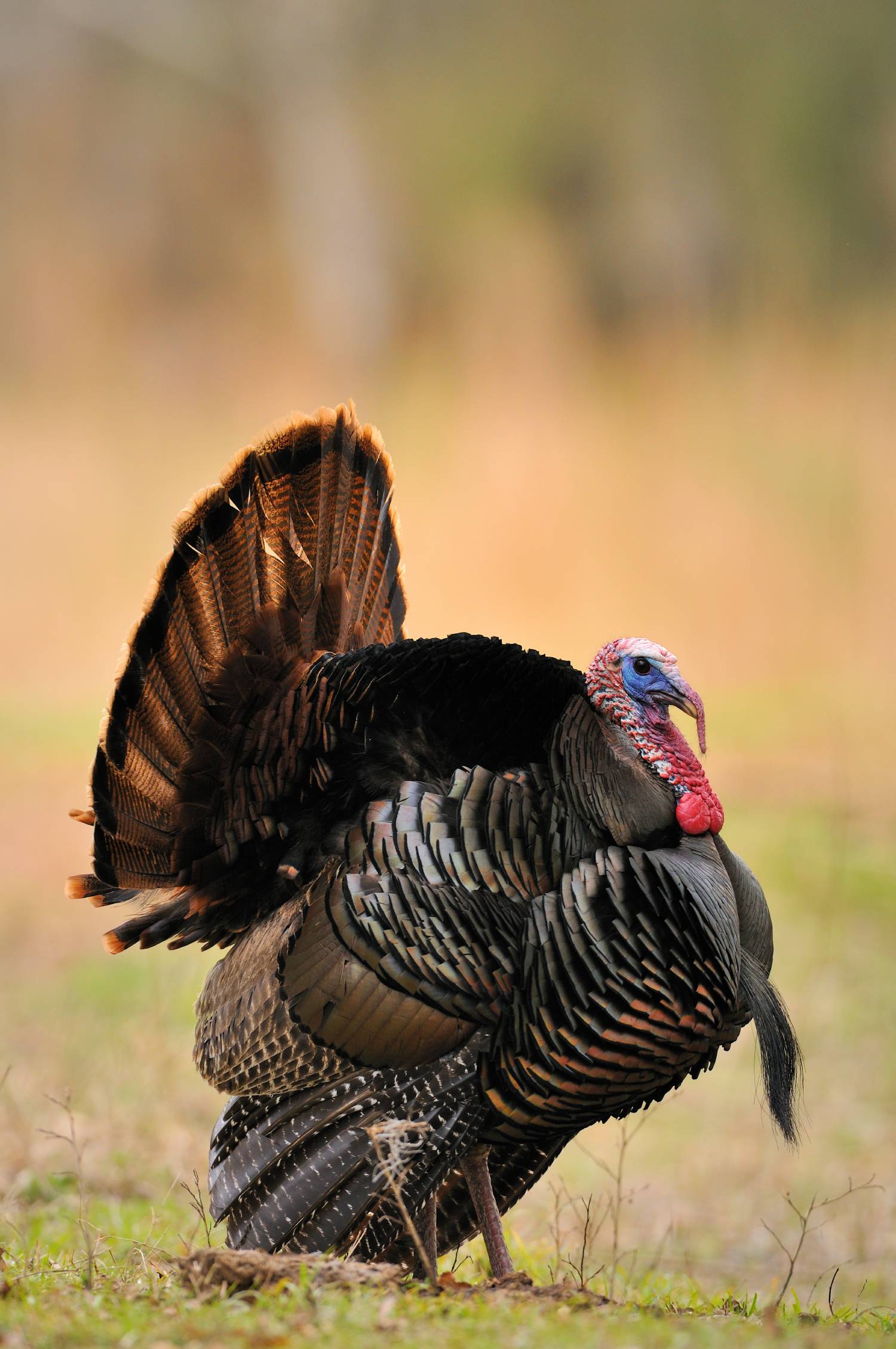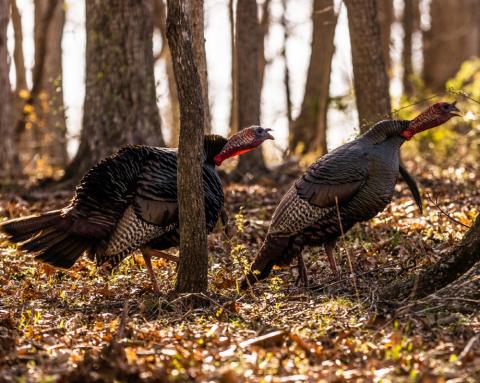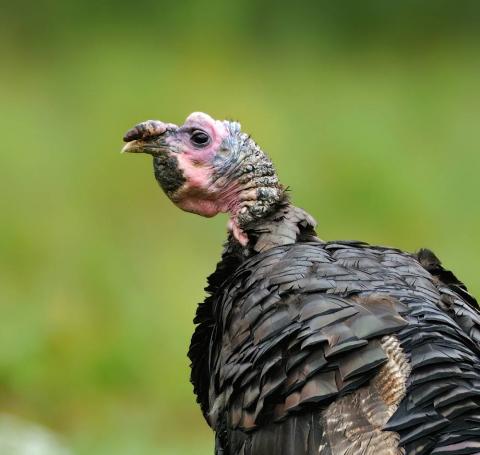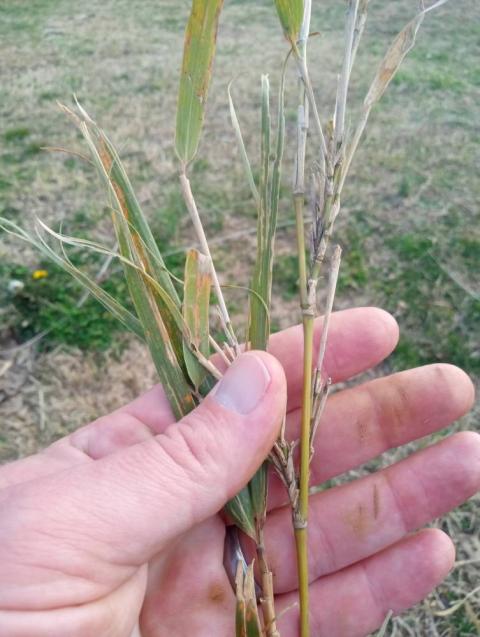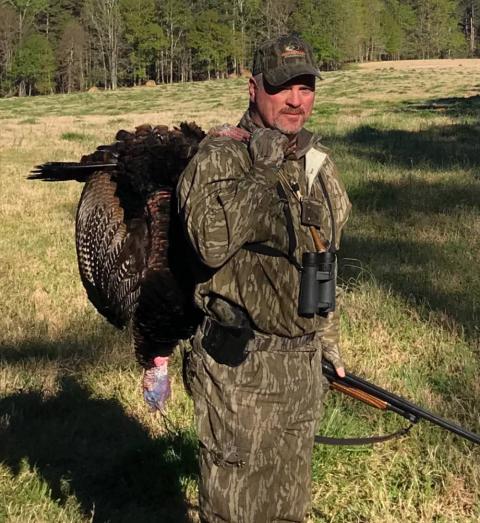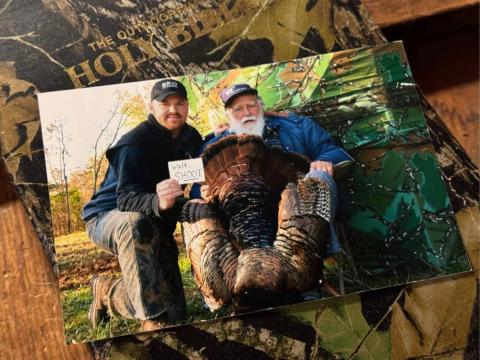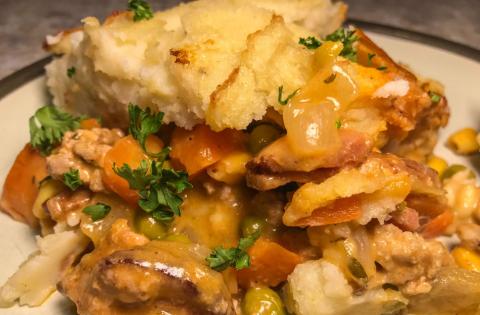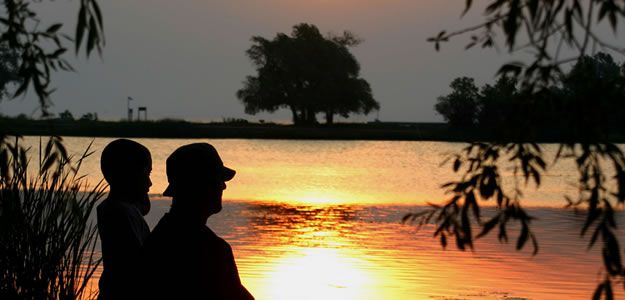 Kevin Tate | November 15, 2012
Kevin Tate | November 15, 2012
One served on a destroyer that hunted submarines in the Atlantic between Bermuda and the Azores. One was a Naval radio operator in the South Pacific. One went ashore on Omaha Beach in the third wave on D-Day. They served their country, then they came home and raised families as best they could. Twenty-five years after their war was over, they set about forming my knowledge of the outdoors and, along the way, of life.
Though none of them talked about the worst of what they saw in their youth, none were especially taciturn either. They liked to tell stories, to laugh, to enjoy themselves and each other. All three certainly smiled a lot more than they frowned. When they talked, they taught me the basic and finer points of fishing: where to set a trotline, how to tie on a hook, how to present a minnow, how to dress a catfish, and how to tell a story. When they didn’t talk, they taught me about life: how to yank a hook out of your hand and get it over with, how to tough it out when you’ve been finned, how to make it through the bad times, and how to forget them in an instant when you return to the good.
As a case in point, one of them did offer a story about the last days of his service in the Navy. In the late fall of 1945, after the war was concluded, he was still aboard ship waiting for his term of enlistment to expire. Berthed on Florida’s east coast and with nothing else to do, he and his shipmates were basically free to roam. He and some friends mounted a firefighting pump on a skiff and, using the pump as an outboard motor, cruised around the intracoastal bays and inlets nearby. On one particular trip just before he was discharged, they were enjoying themselves on the water when they found an orange grove they determined to be abandoned. How they determined it was abandoned was never clear, but I didn’t want to interrupt the story.
Not letting provender go to waste, they picked the 22-foot, V-hulled boat completely full of ripe oranges and narrowly made it back to their ship without foundering. They gave away all the oranges anyone would take, then my Grandaddy found an empty footlocker and packed it tight with the fruit, intending to bring it home with him. He put the locker under his bunk, received his honorable discharge the next morning, hopped on a train and didn’t think about the oranges again until he was somewhere in the middle of Alabama. According to Wikipedia his ship, the USS Janssen, was ultimately sold for scrap in 1973, probably because, although the Navy could keep the world safe for democracy, it couldn’t get rid of the smell of 100 pounds of rotten oranges.
Both my grandfathers and a great uncle served in World War II. None of them talked much at all about what they did or saw in those years, but their enjoyment of life and the outdoors told me without words why they did it. To all those who have served and continue serving, thank you.
Kevin Tate is VP of Media Productions for Mossy Oak in West Point.















